The Franciscan believes that humanity is in crisis due to its inability to differentiate itself from the machine
While studying engineering, he was called to the Franciscan vocation, whose austere habit he wears at the meetings he attends. He is a member of the Pontifical Academy for Life and president of the Artificial Intelligence Working Group within the corresponding agency created by the Italian government.
The Spanish edition of his book The Digital Age (Encuentro) has just been published in Spain, in which he explains the key aspects of the epochal change we are experiencing. Paolo Benanti (Rome, 1973) spoke with us minutes before the discussion he held at the Pablo VI Foundation with Jesús Avezuela (director of the foundation) and Carme Artigas, who has served as Secretary of State for Digitalization. Artigas and Benanti are both members of the UN advisory body on AI.
According to Benanti, technology “can shape and define our preferences and freedom of expression,” making the ethical demands of AI unavoidable. He asserts that “there is no neutral technology” because every technology has an impact; in this case, the creation of a “different reality.” Although he avoids a fatalistic tone, he warns that this new reality replaces the right to physical ownership with mere software usage, potentially leading to a concentration of power. He adds, “I fear for the end of the middle class.”
– In your book, you talk about the relevance of pop culture and its relationship with the “digital age.” Could you explain?
– Digital culture takes place within pop culture. If we do not consider that digital culture happens within the pop cultural universe—not folk, not traditional, but within products that are not merely consumer goods but also help people assume an identity in the absence of one—it is clear that we are not perceiving the full range of symbolic values that constitute digital objects. The mobile phone, as such, the smartphone as a smartphone, is not just a consumer object but one that communicates identity, holds symbolic power, and conveys meanings that would otherwise be beyond our reach.
Just look at the contents of our pockets (…) because the mobile phone has absorbed many of those objects (…) Now, all of that is contained within this steel and silicon parallelepiped.
– Robert Redeker says we are the gadgets of our mobile phones. Do you agree?
– Perhaps the most interesting analysis in this regard is that of Adam Greenfield in his book Radical Technologies, which reminds us that two technologies are practically rewriting the boundaries of our reality: the Internet of Things and smartphones. Just look at what we carry in our pockets. Over the last ten to fifteen years, the number of objects has drastically reduced because the mobile phone has absorbed many of them: keys, cards, and a whole array of everyday items. Now, all of that is contained within this steel and silicon parallelepiped that makes reality permeable and keeps us always connected and present.
– In your book, you talk about the posthuman. What is posthumanism?
– It is not an easy question because posthumanism is more of a collection of authors with many different tendencies, all struggling to define human nature and what it means to be human. It is a label that helps distinguish a set of authors rather than a school of thought—more like a container, as post-structuralism once was. Posthumanism is a phase in which it becomes difficult to determine the differences between a functioning machine and a human being.
Today, we do not seek the gods; instead, we seek to become gods, that is, to change our human condition into a non-human one.
– Should we fear posthumanism, or should we welcome it, as some prophets claim?
– The real issue is ethics, and seeking good does not mean being guided by fear. If we want an ethical perspective on technologies, we must ask what it means to intend to do good through these technologies rather than being led by a fear that may not be entirely justified.
– The myth of Prometheus alludes to the impact of technology (fire) and human intelligence since man is neither a beast nor a god. What is the difference between Prometheus’ fire and our situation today?
– The fundamental difference is that there are no gods left to steal fire from. If Prometheus merely sought to steal fire from the gods, today we are not seeking gods; rather, through fire, we seek to become gods ourselves—to change our human condition into a non-human one. That is why we no longer have myths but science fiction. This shift—from believing in myth, which explains our present through the past, to science fiction, which represents the utopia we strive toward—reveals the full drama of modern times, dictated by science fiction, which assumes a mythological power while lacking the fundamental narratives to help us face challenges.
Frankenstein was a monster; now, it will be an indistinguishable cyborg, making the boundary between man and machine deeply problematic.
– Is Frankenstein the “modern Prometheus”?
– Not really. As technology advances, we will encounter a new model—the cyborg—in which good and evil become indistinguishable. The cyborg is like a human but not human. It alters human nature, making it unrecognizable. There will be both superheroic and supervillainous cyborgs. What was once a monster—Frankenstein was a monster because he had something to reveal—will now be a cyborg, hiding it within, making it indistinguishable and causing the boundary between man and machine to become fundamentally problematic. This has posthuman traits but also reflects a humanity in crisis, seemingly unable to define the difference between itself and the machine—or where dignity lies—between a highly capable machine and a human being with inherent fragilities.
– You just mentioned humanity in crisis. Are we tired of being human?
– It’s a question worth asking, but I think we are simply at a stage where we need to redefine what it means to be human. The necessity of this redefinition is the intellectual challenge of our time—not only for faith but also for daily life. We face the need to redefine what it means to be human.
We are a rare species because we have the ability to adapt and coexist with technology.
– Are we perhaps less intelligent than before because we have outsourced our intelligence to machines?
– That idea is an illusion because how many of us truly have the power to use these machines? In reality, very few people have access to artificial intelligence. Instead, what we see is humanity, which has always adapted its nature through tools. If we look at how living beings move across the earth, humans are the least energy-efficient. A cheetah is much more efficient than we are, and a bird even more so. But when we ride a bicycle, we suddenly become the most energy-efficient being in existence in terms of movement. In some ways, technology changes us; think of glasses, pacemakers, or medical devices. We are a rare species because we possess the ability to adapt and coexist with technology.

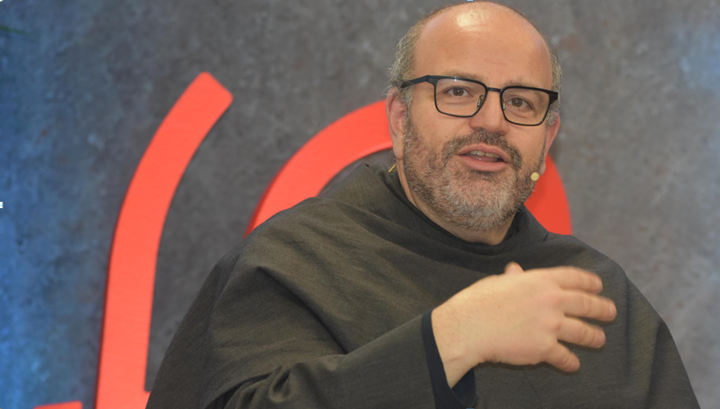
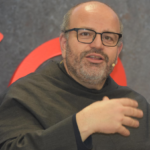
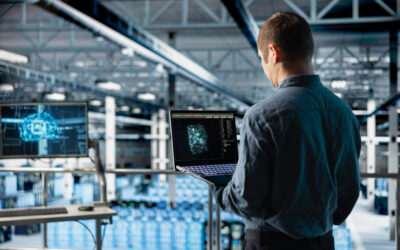
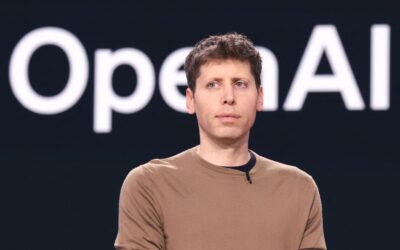
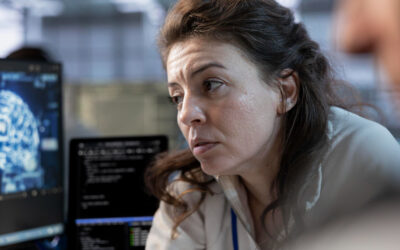
0 Comments